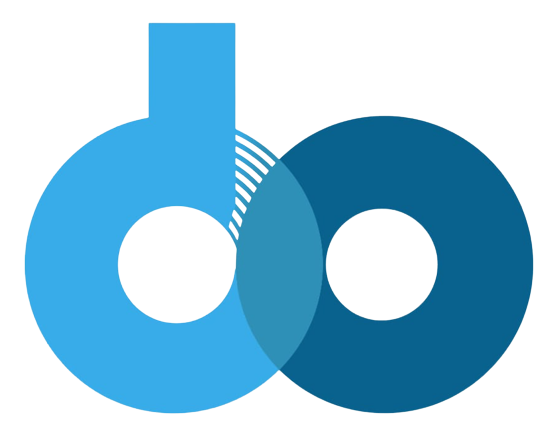The term “DeFi” has been making waves but what exactly is DeFi, and how does it work? Let’s embark on a journey to demystify decentralized finance in simple terms.
What Is DeFi?
DeFi, short for Decentralized Finance, refers to a revolutionary movement that aims to recreate traditional financial systems using blockchain technology. Unlike conventional finance, which relies on centralized institutions like banks, DeFi operates in a decentralized manner, cutting out the middlemen and providing users with more control over their financial activities.
How Does DeFi Work?
- Smart Contracts:
The Building Blocks At the heart of DeFi are smart contracts, self-executing agreements written in code. These contracts automate and enforce the terms of financial agreements, eliminating the need for intermediaries. Smart contracts are the building blocks of various decentralized applications (DApps) that power the DeFi ecosystem.
- Decentralized Exchanges (DEX):
Trading Without Intermediaries In the DeFi world, decentralized exchanges play a crucial role. Traditional exchanges involve intermediaries to facilitate trades, but DEXs operate without a central authority. Users can trade directly with each other using smart contracts, providing a more transparent and efficient trading experience.
- Lending and Borrowing:
P2P Finance DeFi platforms allow users to lend and borrow funds without relying on banks. Through smart contracts, lenders can earn interest by providing liquidity, while borrowers can access funds without the need for a credit check. This peer-to-peer lending model democratizes access to financial services.
- Yield Farming:
Harvesting Returns Yield farming involves users providing liquidity to DeFi protocols in exchange for rewards, often in the form of additional tokens. This process helps maintain liquidity in the decentralized ecosystem while giving users the opportunity to earn passive income on their crypto holdings.
- Governance Tokens:
A Say in Decision-Making Many DeFi projects issue governance tokens, which grant holders the right to participate in the decision-making processes of the platform. This democratic approach allows users to have a say in the future development and direction of the DeFi project.
Why DeFi Matters
Financial Inclusion: DeFi opens up financial services to anyone with an internet connection, providing access to banking, loans, and investments for the unbanked and underbanked populations.
Reduced Costs: By eliminating intermediaries, DeFi significantly reduces transaction costs associated with traditional financial services, making it a more cost-effective option for users.
Transparency and Security: The use of blockchain ensures transparency and immutability of transactions, enhancing the security and trustworthiness of the financial system.
Challenges and Future Outlook
Despite its potential, DeFi is not without challenges, including scalability issues, regulatory uncertainties, and the risk of smart contract vulnerabilities. Ongoing innovation and collaboration within the blockchain community are essential to overcoming these challenges and realizing the full potential of decentralized finance.
DeFi represents a groundbreaking shift towards a more inclusive, transparent, and efficient financial system. As this decentralized revolution continues to unfold, it’s clear that the world of finance is undergoing a transformative journey—one where the power and benefits of financial services are redistributed to the people.
